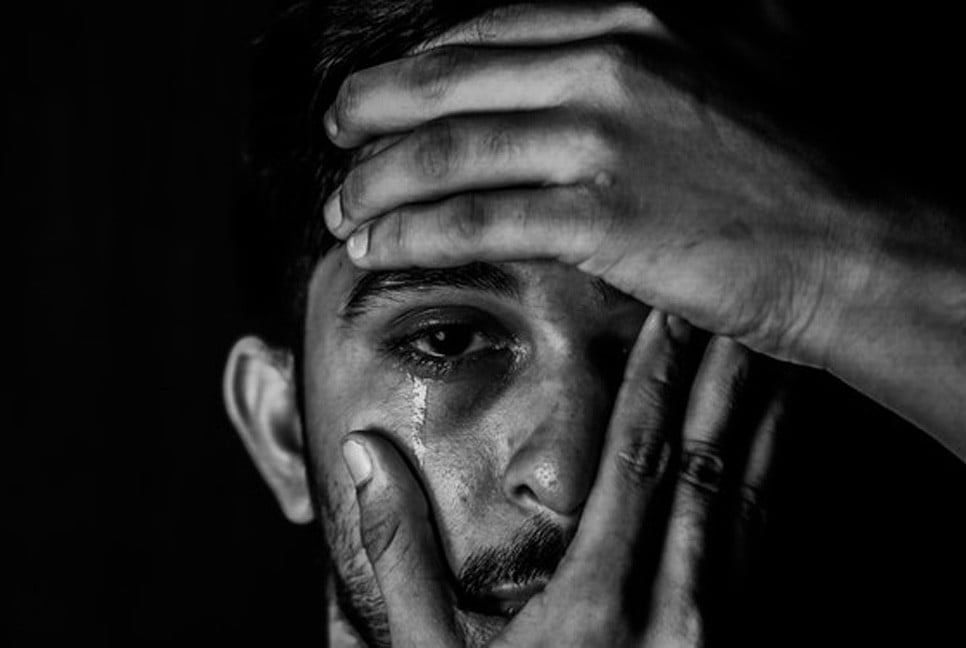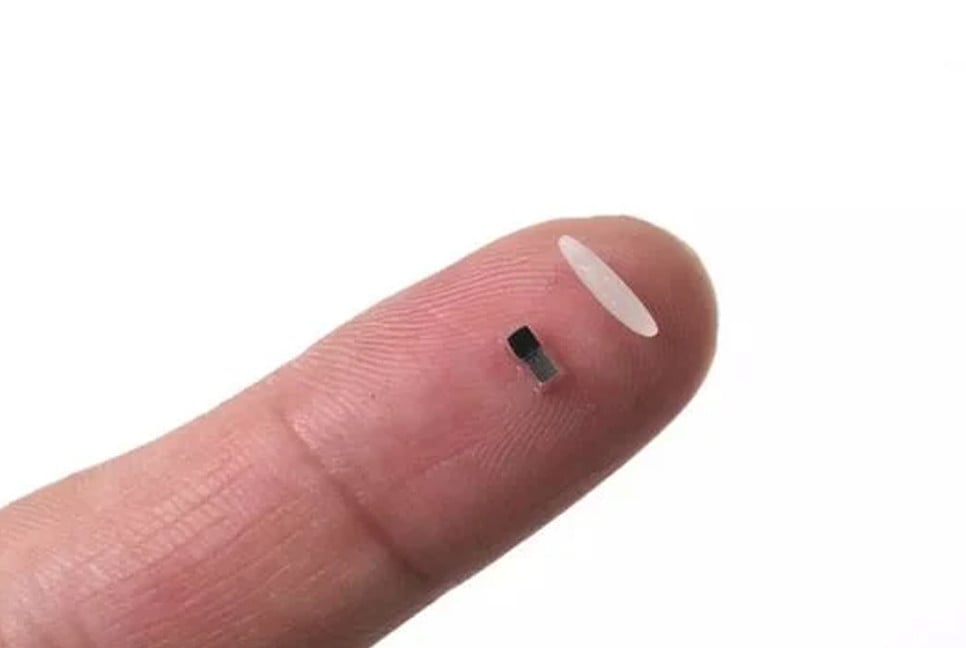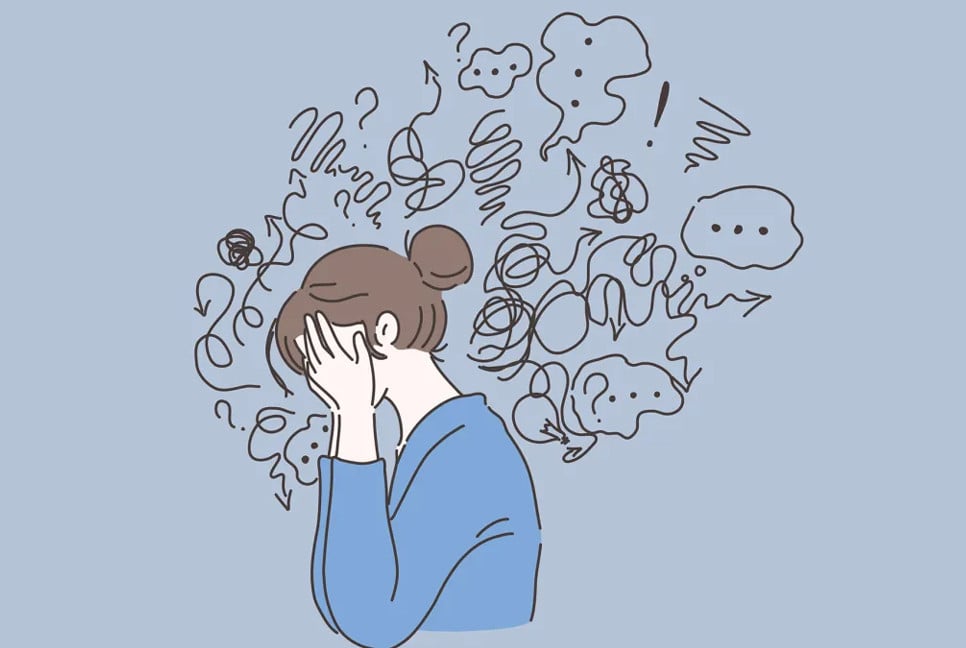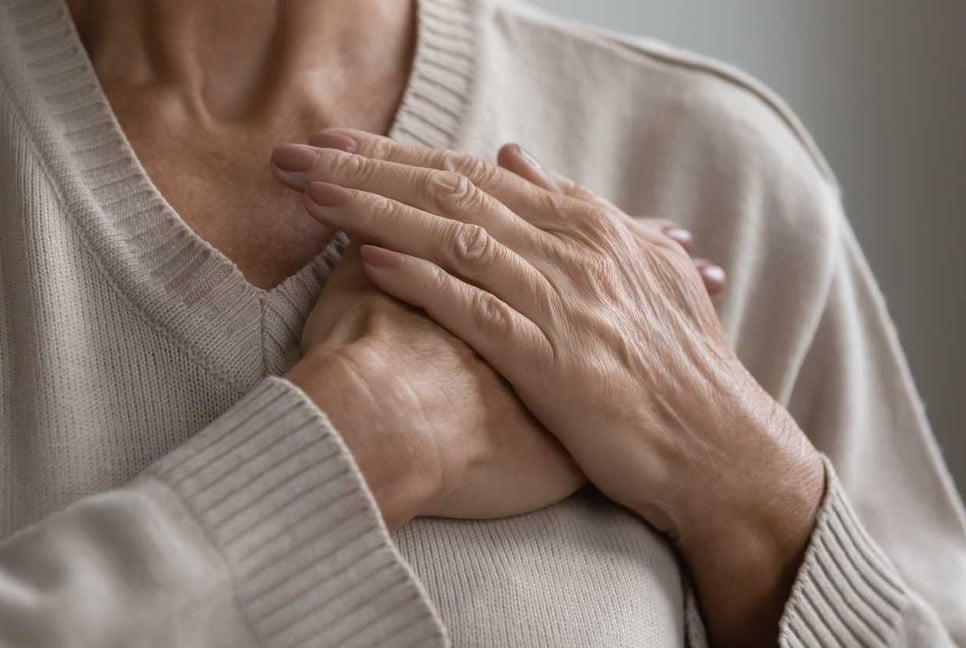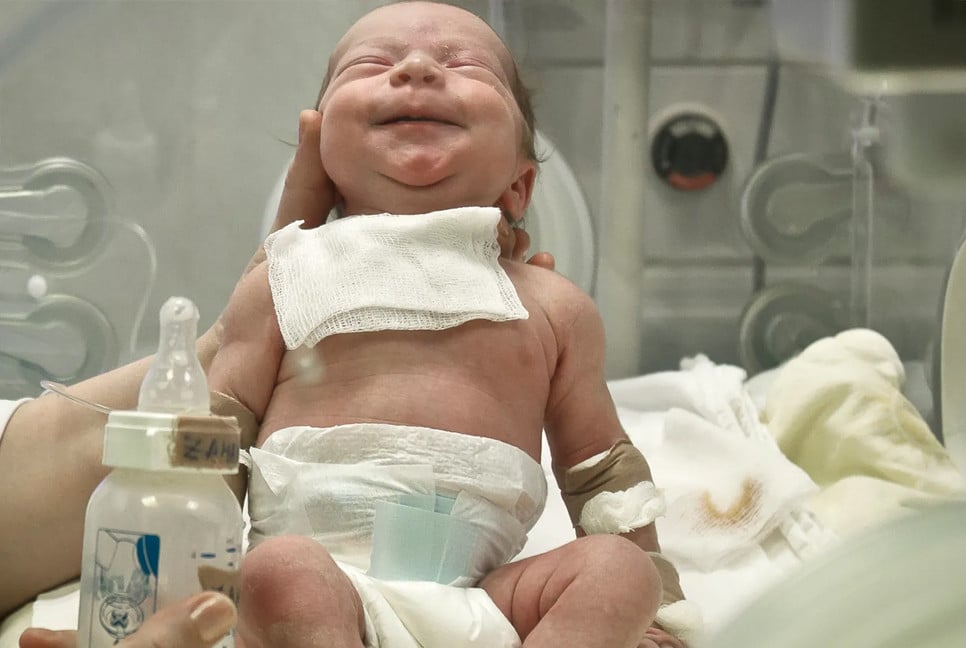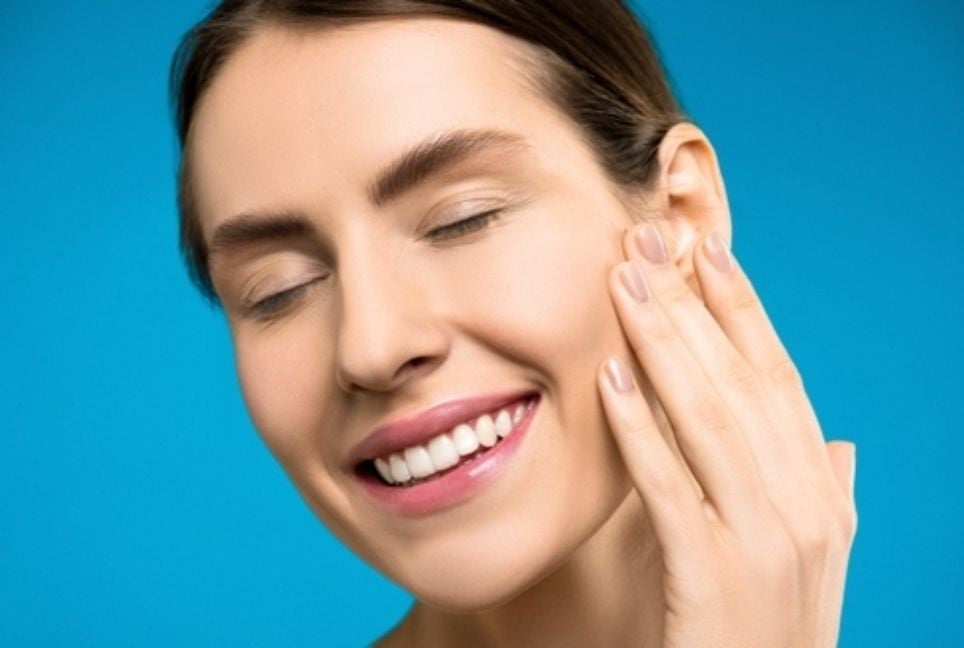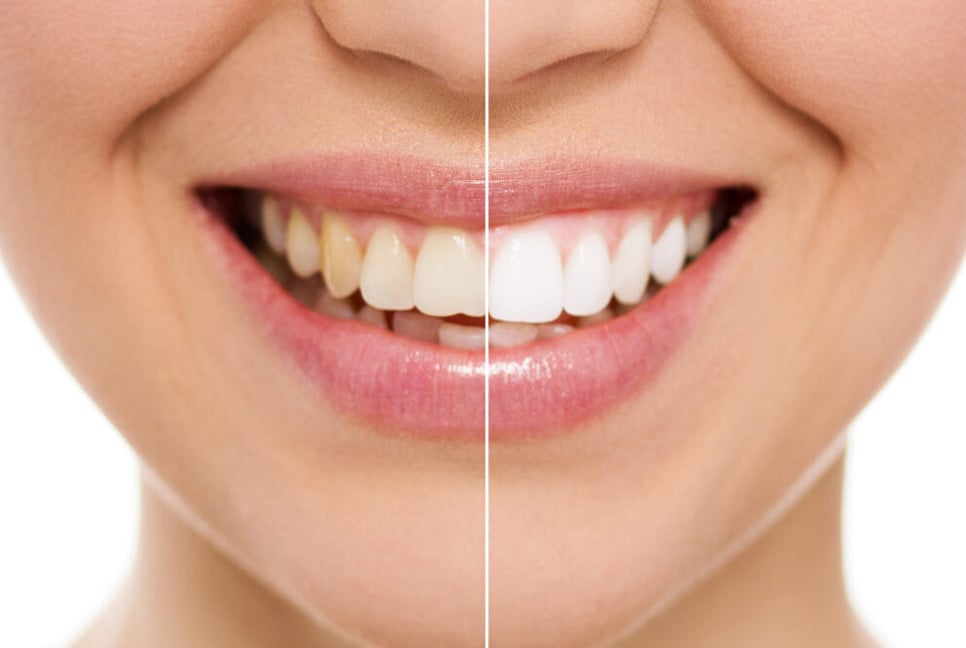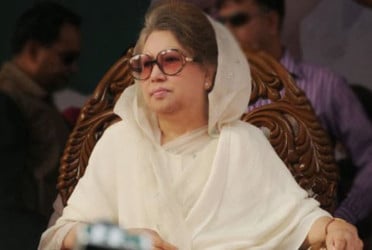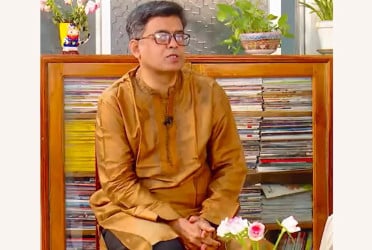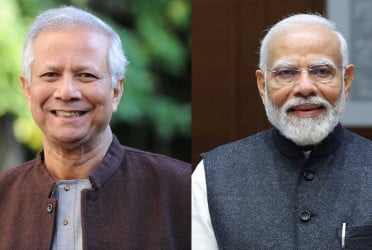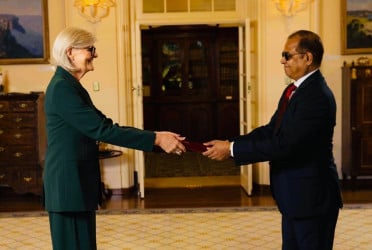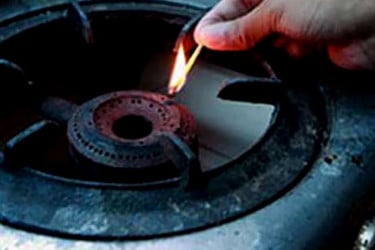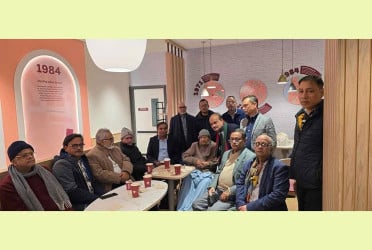The gender role makes boys believe that crying is a sign of weakness and consider it a “norm” for the longest time. However, doctors have warned of mental health risks associated with such a belief.
The stereotype of the ‘macho man’ limits men's ability to express grief and can have detrimental effects on their emotional and mental health, the experts said.
“Norms like ‘boys don’t cry’ and the association of masculinity with stoicism make it hard for men to understand or share their true emotions,” Dr Waleed Alomar, a psychiatrist at Medcare Hospital Sharjah, told Khaleej Times.
He said: “This emotional suppression can manifest as anger, impatience, or even physical health issues like hypertension. The inability to express emotions through crying prevents healthy emotional release and adds to the stigma surrounding mental health care and support.”
Khaled, a 35-year-old Jordanian resident, said it was considered “shameful for a man to cry over minor issues, as men are expected to be tough, unlike women who are often seen as sensitive".
“In my opinion, a man cries only when he finds himself with no options left. Otherwise, he must endure, as he is capable of doing so. We often condemn men for crying over trivial matters in our society. But there are difficult situations that justify a man's tears, such as the death of someone close or the illness of a loved one.”
Social expectations
Dr Alomar said men may feel ashamed for expressing emotions when they view crying as unacceptable. This conflict between natural feelings and societal expectations can cause emotional repression and inadequacy.
“Concealing emotions can hinder effective communication and empathy with partners, leading to misunderstandings and conflicts. Emotional unavailability can create one-sided relationships, resulting in isolation. Over time, a lack of emotional closeness may erode trust and understanding, potentially causing relationship breakdowns,” he added.
Boys and men do cry, Dr Alomar said, but they are more comfortable crying in private or during significant life events, such as funerals, weddings, or childbirth. These situations promote emotional expression, making men feel less judged. This suggests that men are not inherently less emotional — they just feel constrained by societal norms, needing specific permission or "justifiable" reasons to show their vulnerability, the expert said.
Abdul Aziz, a 32-year-old Arab, faced a similar struggle. After learning of his father’s death — someone who had urged him to take responsibility — he refrained from crying, believing it was his duty as the man of the family. He wanted to remain strong for his mother and siblings.
Six months later, Abdul suffered a severe emotional breakdown. He was rushed to the Rashid Hospital, where he was diagnosed with bipolar disorder. The doctor’s report indicated that suppressing his feelings of loss ultimately triggered a psychological episode.
Staying 'strong'
“The pressure to maintain a strong persona can lead to inner conflict and emotional suppression, making it difficult for men to process their emotions,” said Dr Raga Sandhya Gandi, a psychiatrist at Zulekha Hospital in Dubai.
Avoiding tears during significant life events like loss or trauma could have a detrimental impact on an individual, she said. This could result in high stress levels, emotional numbness, and isolation from their feelings, and internalized anger, which may manifest as irritability or increased anxiety.
Dr Gandi further pointed out that while women are often encouraged to express their feelings, men are conditioned to view emotions through a biased lens, where acceptable emotions align with masculine ideals — such as anger — and feelings like sadness, fear, or vulnerability are suppressed.
"This skewed perspective greatly influences how men and women seek help for their emotional well-being,” she added.
Creating safe spaces
“Creating supportive environments is essential,” Dr Gandi said. “Initiatives should involve promoting emotional literacy from a young age, normalizing men's emotional expression through platforms like social media, and creating safe spaces for support groups, therapy, and counseling.”
“Therapy and counseling are crucial for breaking the stigma surrounding emotional expression. They provide a non-judgmental space to identify, validate, express, and regulate feelings,” Dr Gandi said.
Encouraging men to share their emotions, including crying, fosters healthier communities and strengthens relationships, the experts said. It enhances communication, improves conflict resolution, and helps reduce aggression and violence.
Source: Khaleej Times
Bd-Pratidin English/ AM

